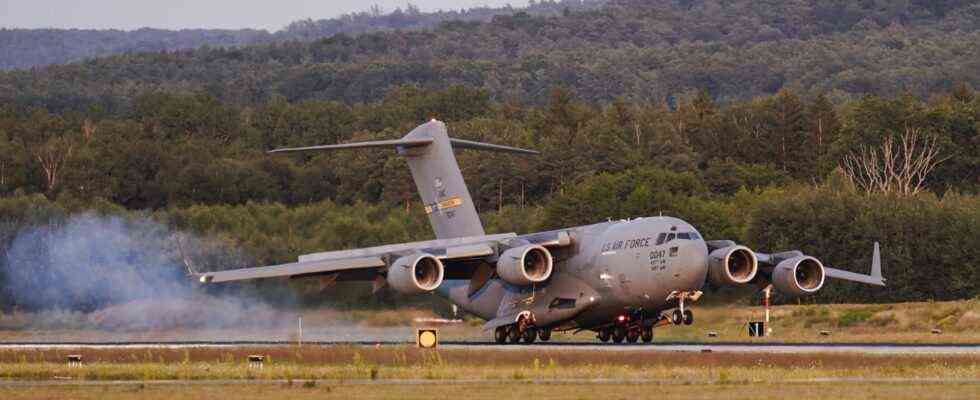comment
Status: 08/31/2021 10:17 a.m.
The US operation in Afghanistan, which was widely accepted as the “war on terror” 20 years ago, has recently become a burden for the US government. It is therefore no wonder that President Biden held the trigger.
Another one of those wars in which soldiers turned their heads while politicians argue and decide about questions about life and death according to power interests and polls. As catastrophically as this 20-year war ends from a Western perspective, one thing has to be stated in advance: the vast majority of us wanted it. After the plane attacks on New York and Washington on September 11, 2001, Europeans were as much in favor of it as Americans. The aim was to exterminate Al Qaeda in Afghanistan and to drive away the hated Taliban at the same time. It was called “War on Terror”.
Diffuse enemy
It was not a war for democracy in the world, but a war for fear of losing one’s own values and ways of life. A war against a diffuse, unpredictable and increasingly threatening enemy – the Islamist terror that wants to bomb us back to the Middle Ages. This number one narrative justified the beginning.
The job was actually done quickly, but once again you had forgotten to define exactly what the war goal was and when you knew you had won. If you pull away now, a vacuum is created that – so the concern – Russians, Chinese or Iranians fill.
Spheres of influence and girls’ schools
So in the episode it was mainly about strategic positions. It was about securing our own presence in this part of Asia, keeping an eye on Pakistan, Iran and the former Soviet republics. But that was not a communicable narrative, so it came from the girls who should finally be free and go to school, from streets and modern workplaces, that from the “torch of freedom that we carry to the last corner of the world”. People say “yes” again in the polls and the parliaments approve money for weapons and new soldiers.
As far as education for everyone is concerned, some things seem to have been achieved, at least for the time being. But still no definition of when the war is actually won, instead you rely on a proxy government that will secure your strategic position at some point. And now? Was it a rash, chaotic, and ill-considered decision to leave Afghanistan, just leave, leave the country to its own devices?
Public opinion against the US operation
No, just the opposite. At the same time as the beginning of the war 20 years ago, there are currently politically relevant majorities in the US population again, only this time the people want the soldiers at home if they prefer to spend the billions to solve problems in their own country. Joe Biden reacted to this, just like his predecessor Donald Trump – the political priorities have simply shifted.
Will the chaos of Kabul, will the guilty conscience, because thousands of courageous and loyal Afghan helpers are now left to their fate, politically harm Joe Biden? A little maybe, but his political opponents are remarkably calm. You know the majority opinion and will hold back on the issue in the election campaign. After all, who, as an American colleague rightly asked this week, will go into the election campaign with a program in which more soldiers, more money will stand for Afghanistan as well as bring more Afghans to the USA? Even if you ask for it now because it fits politically.
Editorial note
Comments generally reflect the opinion of the respective author and not that of the editors.
The Americans have left Afghanistan: comment on the end of the evacuation
Arthur Landwehr, ARD Washington, August 31, 2021 9:02 a.m.

